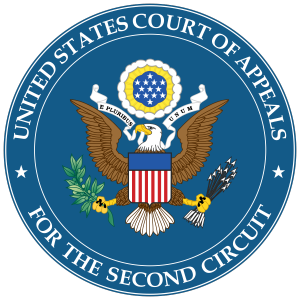
In the finance world, Special Purpose Acquisition Companies (SPACs) are proliferating like Dutch tulips. This year alone, they’ve exploded in popularity, with multitudes of celebrities, politicians, and influencers sponsoring SPACs of their own. The list includes the likes of Colin Kaepernick, Shaquille O’Neal, Alex Rodriguez and Tony Hawk. Even amidst new concerns from the SEC, which reportedly opened an inquiry into the investment risks of SPACs and issued a bulletin warning prospective investors to exercise caution investing in celebrity-sponsored SPACs, SPACs have raised staggering amounts of capital.
 Policyholder Pulse
Policyholder Pulse



 Late in June, the U.S. Supreme Court issued a decision in
Late in June, the U.S. Supreme Court issued a decision in  When adding new or additional layers to an insurance program, policyholders are often asked to sign a “warranty letter” providing comfort to the prospective insurer that the policyholder is not aware of impending claims. Typical warranty letters include both subjective and objective representations, indicating that the policyholder has both no actual (or subjective) knowledge of any impending claims and no reasonable (or objective) expectation that such a claim will arise. If a claim later arises, these warranties may provide a basis for full rescission of a policy or create an exclusion for claims that the policyholder knew or should have known would be filed. And when a warranty is poorly worded or overly broad, it may give rise to a morass of coverage litigation.
When adding new or additional layers to an insurance program, policyholders are often asked to sign a “warranty letter” providing comfort to the prospective insurer that the policyholder is not aware of impending claims. Typical warranty letters include both subjective and objective representations, indicating that the policyholder has both no actual (or subjective) knowledge of any impending claims and no reasonable (or objective) expectation that such a claim will arise. If a claim later arises, these warranties may provide a basis for full rescission of a policy or create an exclusion for claims that the policyholder knew or should have known would be filed. And when a warranty is poorly worded or overly broad, it may give rise to a morass of coverage litigation.